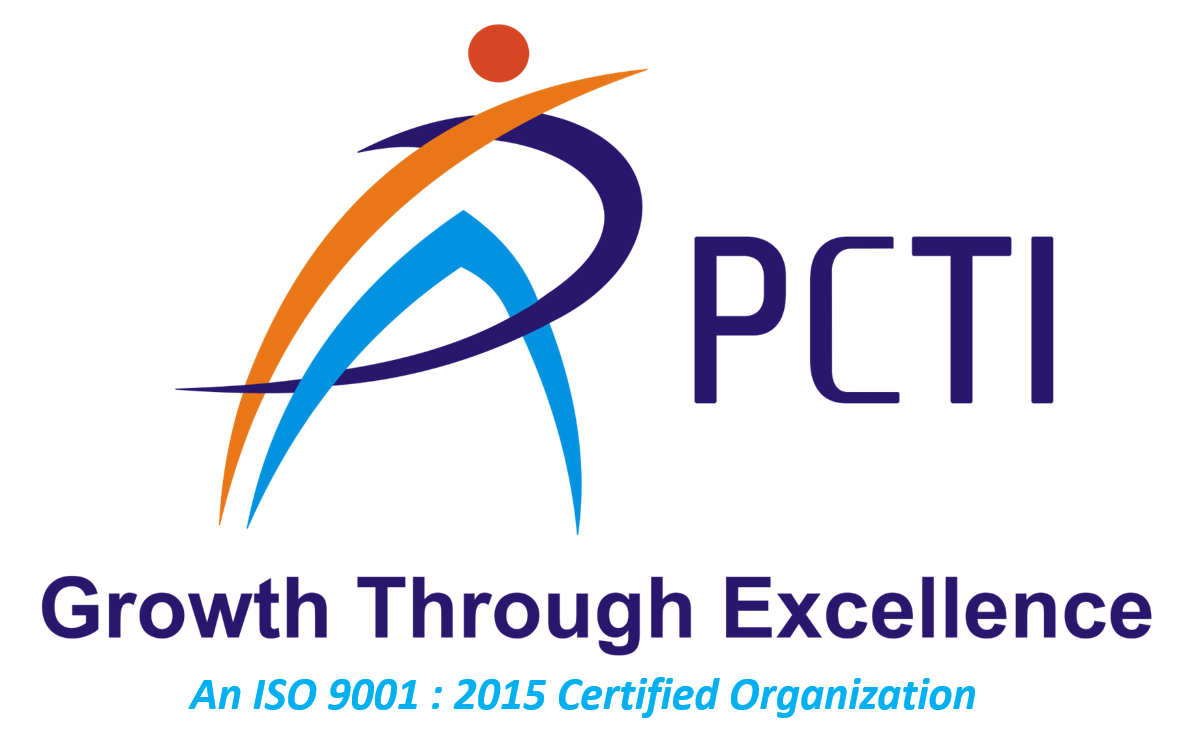Public speaking
Communicating your ideas clearly and presenting them openly in a public forum is an essential component of success across several domains of life. Being a good public speaker can help you to advance your growth career, grow your business, and form strong collaborations. It can help you to promote ideas and move people to action on issues that affect them directly and society at large. To do any of these things well requires a fair amount of standing in front of an audience and delivering a pitch, an idea, or a body of work. And sometimes the only thing that stands between you and your audience is fear.
Said John .F .Kennedy
WHY WE ARE AFRAID OF PUBLIC SPEAKING
Here's what you need to know to start your journey to greater confidence and enjoyment of Public Speaking. These are the biggest reasons you have this fear, and tips on how you can overcome it . . . and basically get your life back!
- Know Your Audience
- Get Comfortable With Your Environment
- Know Your Purpose
- Practice…and Practice More
- Learn from the Pros
- Encourage Yourself
- Show Confidence — Even If You Don’t Feel It
- Share Your Personality
- Let Mistakes Go
A big part of public speaking is connecting with your audience, and you can’t really connect with your audience if you don’t know something about the people in it. Are you presenting in front of other students, teachers, etc. Spend some time thinking about the people in your audience and what they may want to hear.
Take a few minutes to scope out the room you’re speaking in. It will help you feel more comfortable. Even if it’s a classroom you’ve spent countless hours in, you still may not be used to being in the teacher’s spot. Stand at the front or at the podium and get a sense of the room’s acoustics, as well as the layout, from this new view.
There’s always a reason for giving a speech, a purpose for wanting to communicate. It’s important to reflect on the purpose for your presentation so that you can tailor your message and taking points accordingly. Talk to your teacher if you need some advice.
Knowing your material well will make it easier to remember and stay on point. Practice is essential so that you get used to delivering the speech in a low-pressure situation before you have to give it to your audience and, if you can manage it, don’t read from your talk word-for-word from a paper. This gets pretty boring for listeners. It’s okay if it’s your first time speaking in public and you need some practice. But you want to get out of this habit.
A great way to practice is to watch other people give speeches and figure out what works and what doesn’t. Adopt these examples into your own style. A great place to start: TED Talks. You can watch these high-quality presentations online and get some great advice.WatchTED Talk for good experience.
Much of the anxiety of public speaking comes from a fear that you might say something wrong or disappoint the audience. Without meaning to, you could be engaging in negative self-talk that increases your anxiety. Instead of putting yourself down, try telling yourself that you are capable and you will do a good job. It’s amazing how much anxiety can disappear when you think positively.
When you’re actually giving the speech, you may feel anxious. But the best thing you can do is project confidence, whether you feel it or not. Even if you make a mistake or lose your train of thought, recover and keep on going. The truth is, what you may see as a major mistake in your delivery may only come across as a momentary pause or may go completely unnoticed. Don’t stress.
When you’re worried, it’s natural to be a little bit awkward and wooden, but with practice, you should be able to loosen up and be more natural. Let some personality show through when you’re talking. Smile. Make eye contact. People are naturally drawn to someone who is genuine and can be himself/herself, even if it means being a little less technically perfect.
Despite following all these great tips, you may still forget an important point or make a blunder. Instead of beating yourself up about it, let it go and just tell you that each presentation is a new opportunity, a blank canvas.
There's a good reason that we say, "Practice makes perfect!" You simply cannot be a confident, compelling speaker without practice. However,
while good speaking skills can open doors for you. Even if you don't need to make regular PRESENTATION in front of a group, there are plenty of situations where good public speaking skills can help you advance your career and create opportunities.
Make sure that you learn how to speak well!

